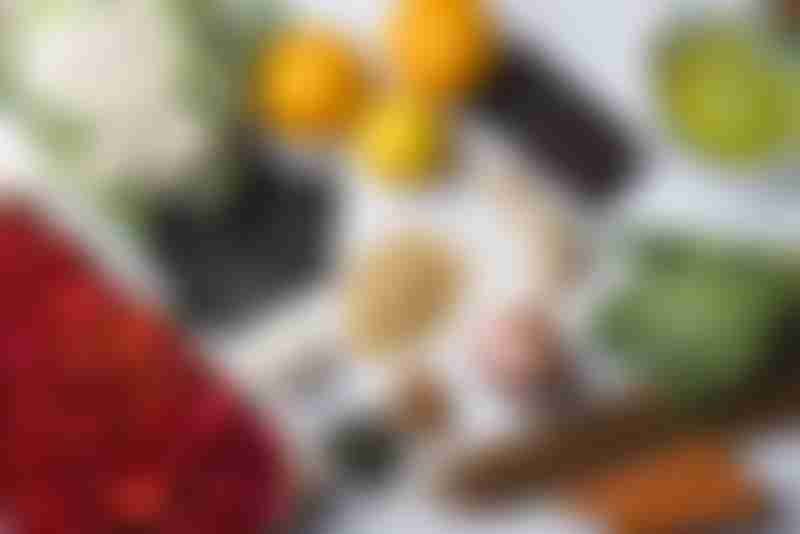Can Diet Cause Prostate Cancer?

Source: Shutterstock
While diet alone is unlikely to cause prostate cancer, there are some foods that may increase the risk of getting prostate cancer. The relationship between these foods and prostate cancer is not entirely clear, but there have been patterns and trends in observational studies that have shown certain associations.
Foods and dietary supplements that may increase prostate cancer risk
There are some associations between certain foods and an increase in prostate cancer risk.
- Calcium and dairy
While the evidence is not definitive, some studies have suggested a potential link between high dairy and calcium intake and an increased risk of prostate cancer. However, the current evidence is not sufficient to justify reducing dairy product consumption and as such, there is currently no formal clinical recommendations on the consumption of dairy products with regards to prostate cancer.
Learn more: The Dairy Dilemma: Does Milk Increase Prostate Cancer Risk?
- Folic acid
Folic acid is the man-made version of folate, a type of vitamin B. It is found in supplements and some fortified foods such as whole-grain breads and cereals.
It was found in several trials that the consumption of folic acid through oral supplements led to a higher incidence of prostate cancer, as compared to controls that had not taken folic acid supplements and others who had taken placebos. However, no statistically significant difference in the risk of death from cancer was observed among the three groups. It is generally agreed that more randomized controlled trials with long follow-up periods are needed to confirm this association.
The fortification or enrichment of food with folic acid also needs to be researched more extensively to determine its significance on prostate cancer risk.
- Vitamin E
In 2001, a clinical trial called SELECT, was conducted to determine if selenium or vitamin E, when taken as dietary supplements, could help to prevent prostate cancer. It involved over 35,000 men, aged 50 and above at the start of the trial. Results showed that the consumption of vitamin E alone was associated with a higher incidence of prostate cancer as compared to the other groups that were given only selenium, both selenium and vitamin E or placebos. However, researchers still do not fully understand the mechanisms of why vitamin E alone increases prostate cancer risk. It shows a crucial point to be skeptical of unproven health claims for unregulated health products such as vitamins as they do have the potential to cause harm.
- Alcohol
There are varied associations between alcohol intake and prostate cancer. Generally, consuming alcohol may increase your prostate cancer risk. However, it would depend on the amount and type of alcohol consumed. In fact, certain types of alcohol can be both harmful and protective against different types of prostate cancer.
Learn more: Alcohol and Prostate Cancer: Are They Linked?
- Red meat and processed meat
Currently, there are significant, albeit weak, associations between the consumption of red meat and prostate cancer risk. Recent findings show that while there is a significant weak relationship between the consumption of red meat and risk of total prostate cancer (both advanced and non-advanced), no significant associations were observed between eating red meat and the risk of advanced prostate cancer. The consumption of processed meat has a stronger relationship with the risk of prostate cancer.
There are several potential mechanisms that could explain the relationship between the consumption of red and processed meat and the risk of prostate cancer. Certain compounds, such as heme iron (found in red or processed meat) and N-nitroso compounds (found in processed meat), are seen as factors associated with DNA damage, which may increase prostate cancer risk.
What should you do?
Remember that individual factors such as genetics, family history and overall health play a significant role in cancer risk. Prostate cancer is not normally caused by diet alone, though it is almost impossible to specify the exact cause of cancer. It's important to consult with a healthcare provider or a registered dietitian for personalized dietary recommendations and to ensure that any changes align with your specific health needs and goals.